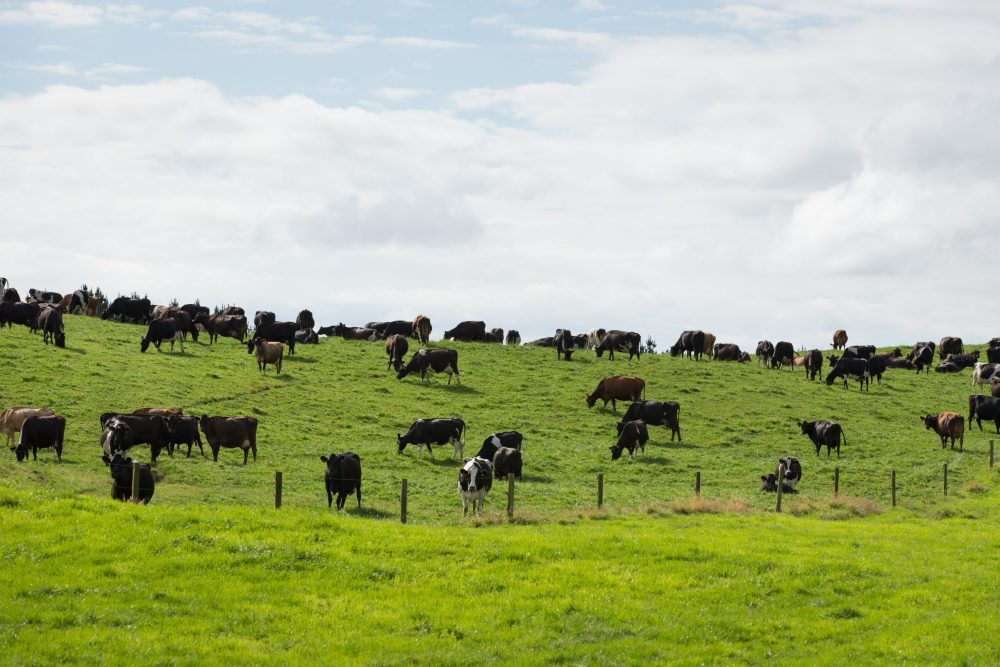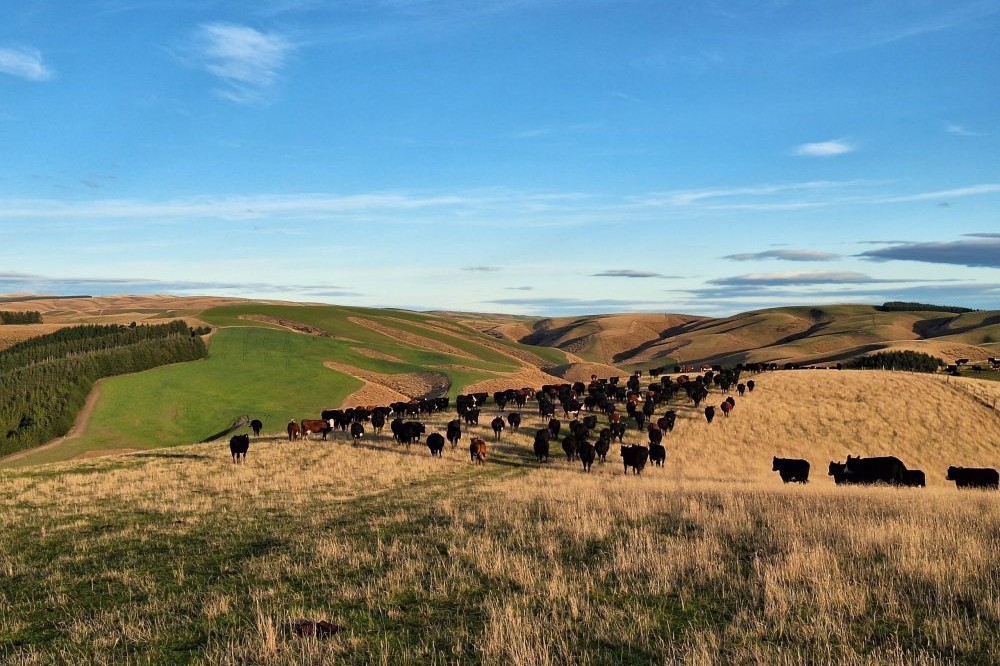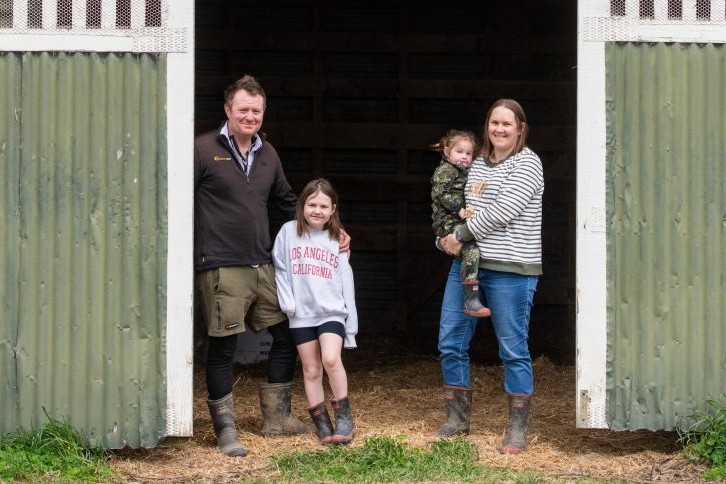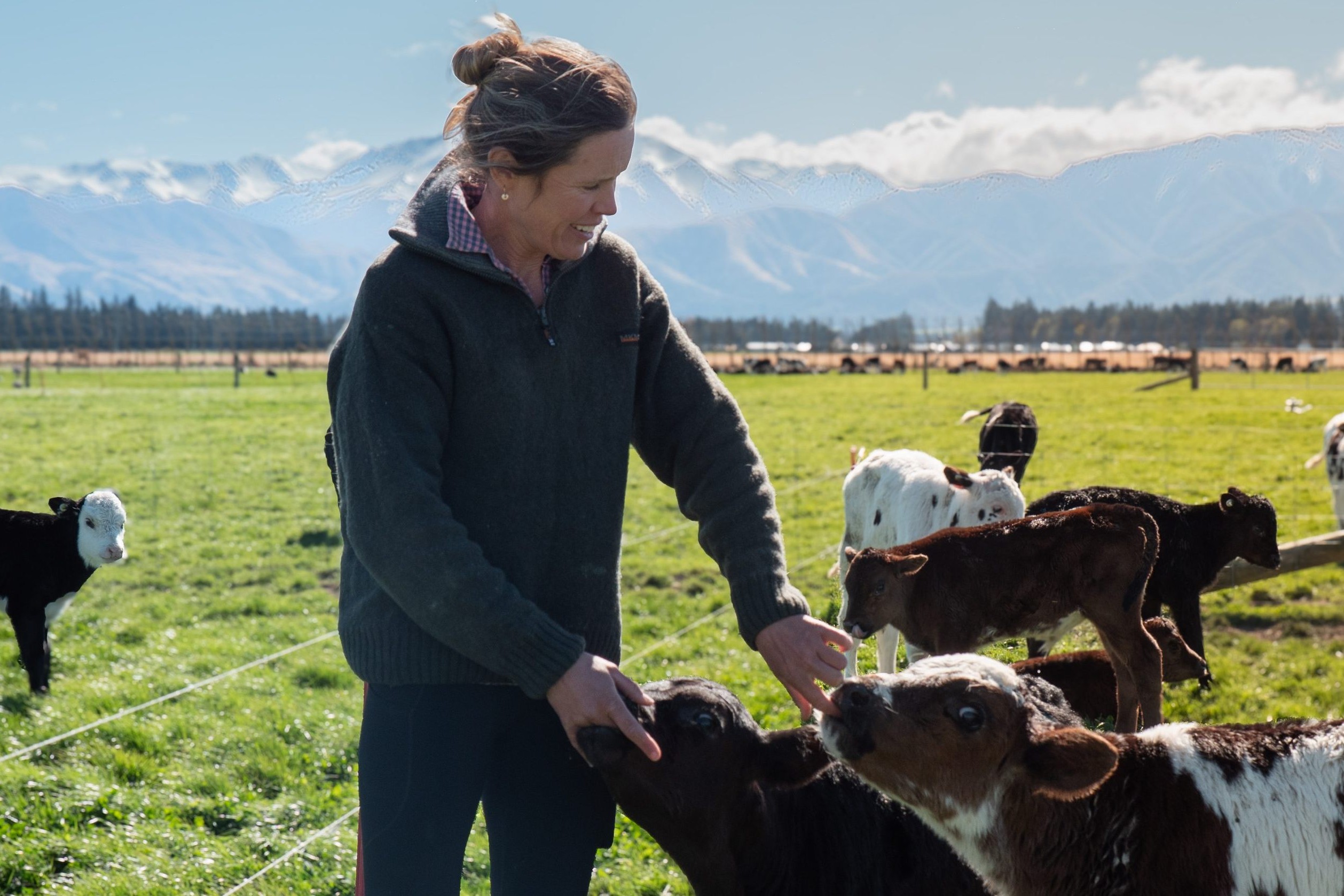Team effort on hill country
Tiniroto's Mount Florida Station has won the Gisborne-Wairoa Farmer of the Year award. Peter Andrew reports on the field day at the hill country farm.
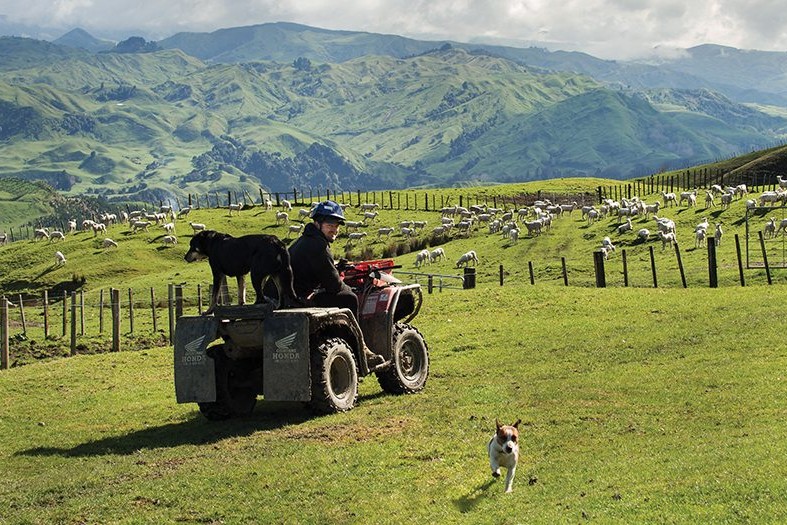
Tiniroto’s Mount Florida Station has won the Gisborne-Wairoa Farmer of the Year award. Peter Andrew reports on the field day at the hill country farm.
More than 170 farmers braved August’s winter conditions to attend the Gisborne-Wairoa Farmer of the Year field day held on Svarn and Sharelle Creswell’s Mount Florida Station at Tiniroto.
It was cold, wet and often muddy – every reason to stay home. But weather is irrelevant when you have a great story to tell about a successful couple who make things happen.
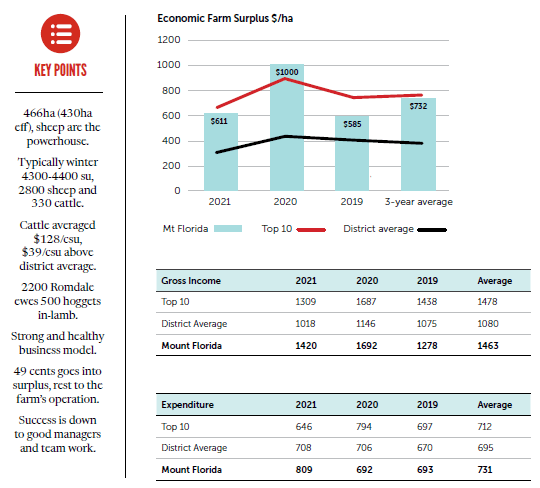 The very best part was the huge turnout of young people at this prestigious competition.
The very best part was the huge turnout of young people at this prestigious competition.
It really does highlight the continued mana of this biennial award, where we celebrate the district’s best.
It was a good time to hold the field day as it gave farmers a real feel as to what it was like to be a sheep or bull on a property that has a cold winter feel to it. The day was the ultimate learning environment where all the senses were employed.
The day was an opportunity to see and hear what the Creswells have achieved since buying Mount Florida nine years ago, and learn about the growth of their business way beyond the farm.
It was quite clear from the start of the day that this managed farm was a team effort.
Managers are Liam and Harriet Hunter who took over from Trent and Yohana McDonald in December 2020.
In theory, these managed properties should not be winning this type of competition – they don’t have the motivation of an owner-operator who is building equity, doing it for the family.
The reality is that right now there are lots of very capable farm managers who are on the rise and quickly entering this space. So, what is their motivation and what are their drivers? Getting the most out of people must sit as one of the world’s most sought-after skills and opportunities.
Owners Svarn and Sharelle Creswell highlighted that full transparency and giving staff responsibility for decisions were key components to get the most out of their team.
The field day was an example of sustainable hill country farming, building resilient stock policies that work in with the strengths and opportunities of the farm, the people, and their goals. These are then implemented and fine-tuned by a passionate and driven team of farm managers.
Trent, Liam and their wives have managed the station as if it were their own.
Sheep which make up 60% of the stock are the powerhouse of the farm’s production and profits.
Sheep income in 2021 was $146/su and the three-year average, $147.57. Sheep and wool income over the past three years was $154.
They farm a Romdale ewe flock based on St Leger genetics.
Up to 25% of lambs are killed at weaning depending on the season, with an average weight of typically 17kg CW. The remainder are finished from February through to June, with a small amount sold store or carried over.
Mount Florida has about 1200 Romdale ewe’s each year going to a maternal sire.
About 500, five and six year ewes go to terminal sires (Charolais SufTex). Rams go out on April 16 for 2.5 cycles.
Replacements hoggets are selected and over mated to have 500 in lamb. Rams go out on May 1 for 2 cycles. They aim to have every replacement hogget and ewe in lamb.
Once through the winter, Mount Florida can be a healthy place for sheep as demonstrated by the lambing percentage that’s regularly more than 155%.
The ATV trip around the farm showed the successful grazing of the ewes on a crop of swedes. Gisborne/Wairoa had a wet winter this year with lots of pugging on the hills and flats. Having a strategically placed swede crop in a pumice or ash took the stock pressure off the other 95% of the farm.
I was a sceptic, but feed crops are pretty handy to get you through the dark days of winter, especially if a nitrogen-induced pathway remains unaffordable.
Winter crops remain a strong tool, especially for those running a good stocking rate.
The cattle policy is all bull beef with Friesian bulls the main stock being farmed.
The system is mainly older bulls targeting a $1000 buy/sell margin.
Yearling bulls are bought and taken through one winter in cells to be killed in the spring/summer season targeting a 320kg average carcaseweight.
The big bull trading policy provides plenty of excitement, but is also a tremendous earner and a significant contributor to the farm’s financial success. Over the three years that were judged, the cattle income averaged $128/cattle su $39/csu above the district average over the same period.
As long as a farmer can handle the hassle, the big bulls are where money is these days.
Over the three years of judging, the Creswells averaged a gross income of $1463/ha. The expenditure made up just 51% of this gross income, resulting in an impressive economic farm surplus of $732/hectare.
In the same three years, for every dollar traded, 49 cents went into surplus, and 51 cents to the farm’s operation. This is a strong and healthy business model.
The average return on capital is 4.7%, which is huge as the capital includes the land at its current elevated levels.
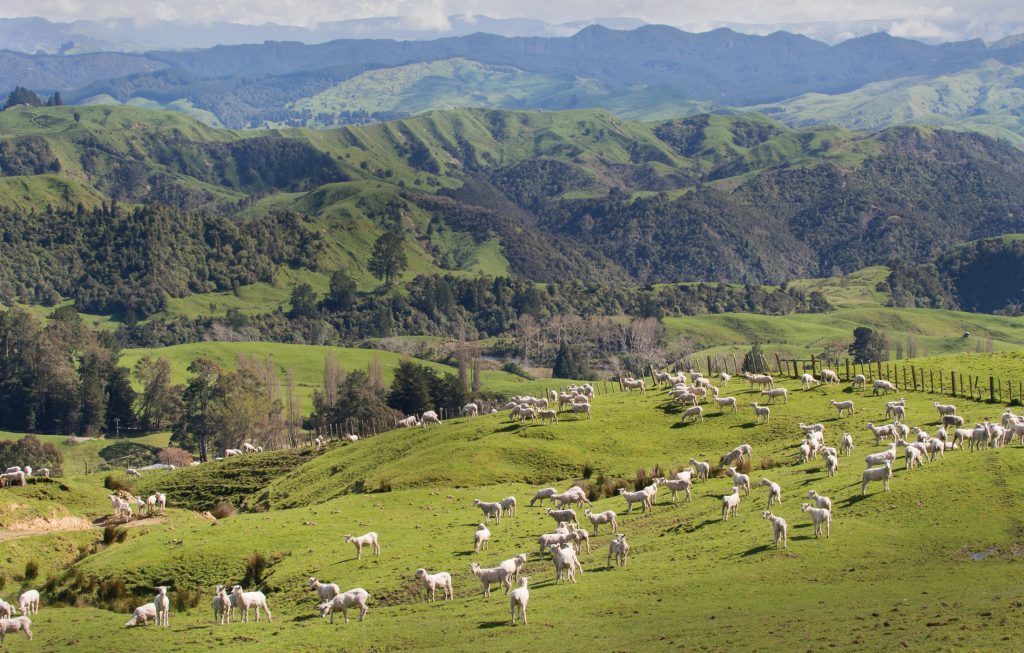
Life beyond Mount Florida
Svarn and Sharell’s business growth beyond the farm has been equally impressive and they now have considerable investment in the accommodation and tourism sector.
These competitions are really the stadium of the allrounder: you have to be the complete package, then you have to hold that momentum for three years. The judges’ criteria leaves no stone unturned and is an honest review of the business health.
Farming through the weather and international markets is a continuum of change. Making the right calls brings the cream to the top. The Creswells’ judgment call is right more times than others, and that is why they were the winners.
The Gisborne Farmer of the Year competition is very much alive and kicking.
It is the forum where the cream invites other motivated farmers along to learn how to be successful. It is a weird process, but it works and is why these field days pull big crowds of the right people.
Why do it?
To be judged by one’s peers and to be recognised in an audience that you respect is the highest accolade. The trophy or the money is quickly forgotten – true success is to be recognised by an audience you respect.
They would never admit it, but the younger ones are very much inspired at these field days.
“One day that will be me standing up there!”
Some key points that stood out for me as facilitator for the day were:
- Be gracious with people, ruthless with money
- There is no substitute for hard work. Svarn was shearing for 10 years to buy their first farm which taught them the value of hard work
- Preparation has made the Crewells lucky, the top two inches have been kept busy
- They will invest in fertiliser and water but won’t repair the woolshed.
- Teams beat individuals. Strong couples are powerful.
The farmer company is a great antidote for the challenging world we all seem to live in today.
The Farmer of the Year field days are so inspiring. They build confidence and provide some big goals. The great thing about facilitating these days is learning there is still so much to learn. The enthusiasm is infectious.
The last sense that was tested on the day was taste, with a beautifully cooked steak by one of the region’s local chefs.
- Peter Andrew is an agribusiness consultant and director of AgFirst, Gisborne.

